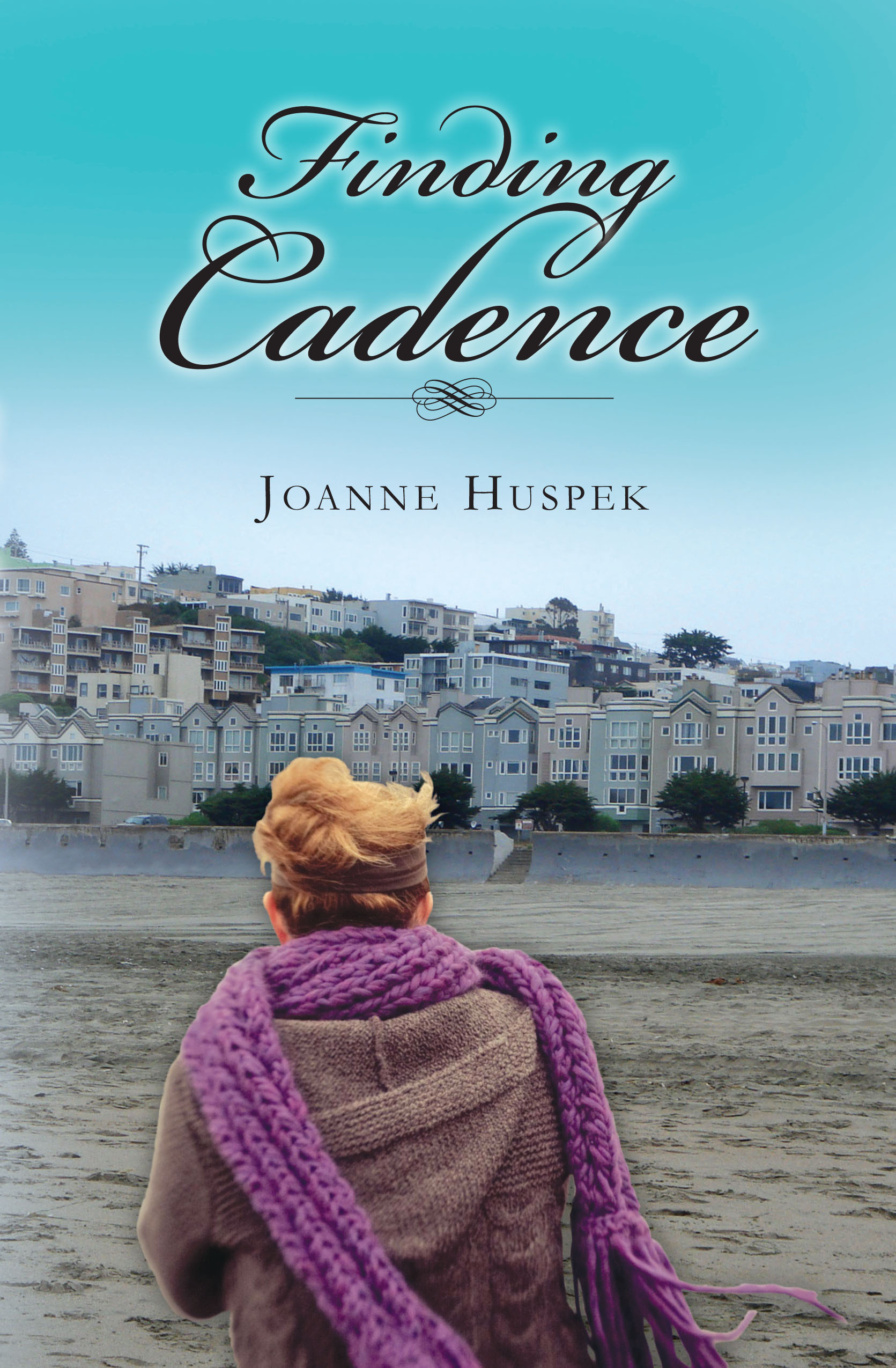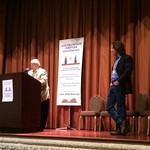If you want to be thoroughly entertained and crave a shower of fireworks on the Internet, one might be better served to stay away from the political realm and follow authors and agents embroiled in the brouhaha over self vs. traditional publishing (or as Barry Eisler would say, as he did during the 2014 San Francisco Writers Conference, the indies vs. legacy options). It’s a virtual shit show of information and misinformation, competing opinions, mud slinging, happy and less-than-happy endings, spreadsheets produced with dreamy algorithms, and nightmarish anecdotes. Both factions are passionate. Both have valid points. Both are loud and proud.
Beats TV. With. A. Stick. Yes, even House of Cards.
Even with the path fraught with pitfalls of evil operators (including some small presses) who want to drain the unsuspecting writer of every dime they can scrape together, indie publishing is an option that the modern writer can’t take off the table. “Eyes wide open,” I always say. It is why I have decided to self-publish my next book, Finding Cadence.
It’s not just the successfully indie-published authors like Eisler and Konrath or the Create Spaces and Author Houses who think this way. I’ve spoken to plenty of literary agents, some of whom encourage self-publishing, for various reasons.
My PRO reasons are many, including this brief Cliff Notes version:
1. I have a story to tell. In recent days, I’ve picked the brain of many an artist, including visual artists and musicians. My informal poll shows most artists want their work OUT THERE. Sure, they want gallery time and recording contracts, but reaching that level does not confirm (in their minds anyway) the fact that they are artists. Example: If you create a painting and it sits in your closet, or if you write a song and you never play it in public, is it art? Probably. But art is meant to be enjoyed. If it’s not being enjoyed by a wider public, is it worth the effort?
2. I have limited time with which to get my story out. I’ve read some very depressing stories of late of writers working for twenty years or more before they received a traditional book deal. Twenty years? In twenty years, I’ll be dead, no probablies about it. I’d just as soon begin the next WIP and worry about my next story than to spend that time wishing and hoping and praying for lightning to strike me.
3. The technology is there, why not use it? Back in the day, hell, only ten years ago, e-pubbing and self-publishing books weren’t even options, or they were limited in scope. Aspiring authors had to send out queries, and wait, and wait. And go to church and make offerings to the literary gods. It’s different now. Most people (even dinosaurs like me) are Internet savvy, and if they’re not, there are other people in the world who are. Even after paying for help, in the form of editing services, book cover design, and file conversions, you realize it’s not going to drain the bank.
4. The process is quick. Instead of taking two years from agent deal to finished product on the bookshelves, the indie author can complete the job in two months.
The CONS? There are a few:
1. The stigma of “vanity.” Yes, we’ve all heard the term. Self-publishing equals “vanity” publishing. Vanity publishing calls to mind anyone with a pen (or word processing program) who hastily writes a book and puts it out there for the world to see. Vanity publishing was often full of grammatical errors and/or sported horrific covers. However, the new breed of indie author is different. They’re excellent writers with great stories, and they realize that the finished product reflects on them and the sales of now and future work.
2. It’s nice to have an agent on your side. Yes, having an agent working for you is great validation, and I hope to be on the agented bus soon. Scoring a literary agent is just the first step; next comes selling to a major house. And even though you might have landed an agent, that doesn’t leave you, the writer, to sip scotch while you’re pounding out the next novel. You’re expected to market your work as well. (And remember, days of BIG advances are long gone.)
3. The expenditures of time and money, or “you should get paid for your work, not the other way around.” Yes, it costs a little to self publish. Yes, you’ll be pulling the hair out of your head trying to imagine marketing ploys that won’t leave you looking like a common shill. Yes, writing checks or begging people to buy your book is less than pleasant. I know agented authors who sell 100 books and think this is a good thing. (Yes, it is.) They don’t make enough from writing to quit their day jobs.
4. If you self-publish, you’re just adding your drop to an ocean filled with books, and no one will see your work. Yes, and if you don’t self-publish, no one will have a chance to see your work, EVER. (BTW, the traditionally published authors suffer that same predicament now, competing with a tsunami of books, some of which are interesting and just as entertaining as those traditionally published.)
This is my take: I’ve been writing online for nearly ten years. I’ve gotten paid for some of it, and I’ve not been paid for the rest. If you look at PRO reason #1 above, you’ll see that I’m not writing because I’m thinking I’ll make a windfall from my words. I write because it’s my art of choice.
Does this mean I’m going to stay an indie publisher?
Hell, the no! I’m going to always write, and I’m still going to query what I’ve finished writing. In fact, my dream agent would be Donald Maass and my dream publishing house would be Simon and Schuster. In the meantime, I’ll choose a parallel path and keep to my goal. As long as there are viable options, I might as well explore all of them.









